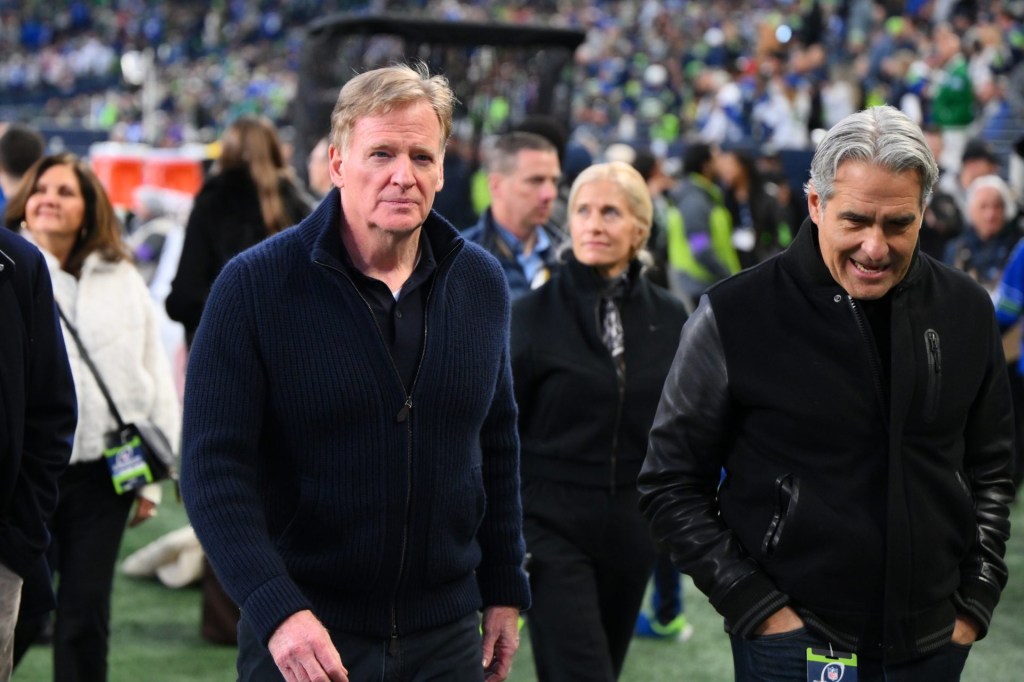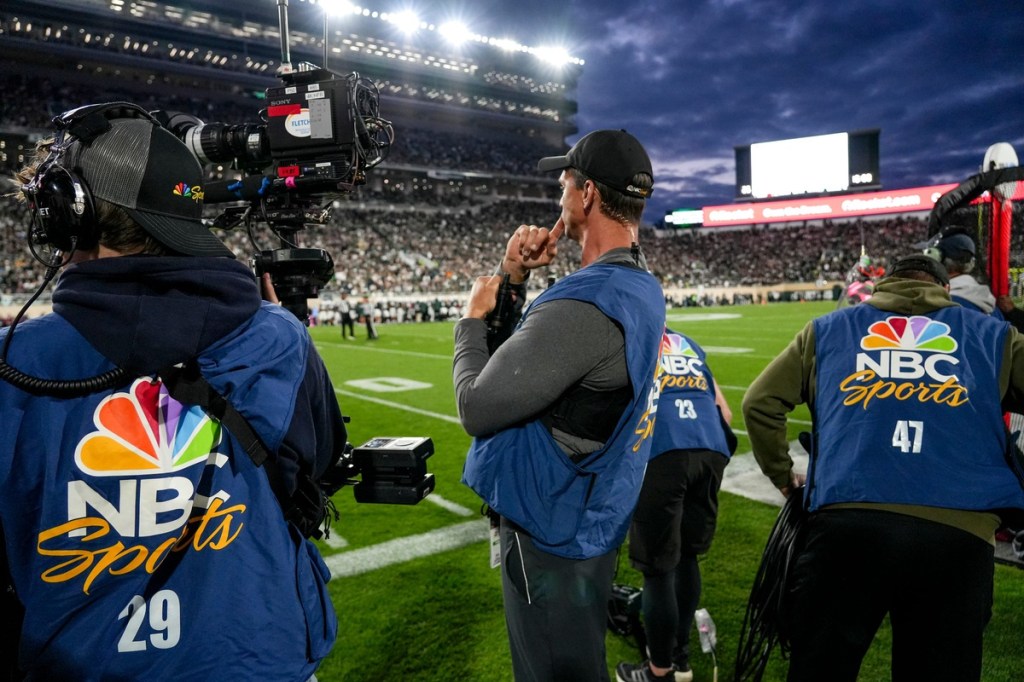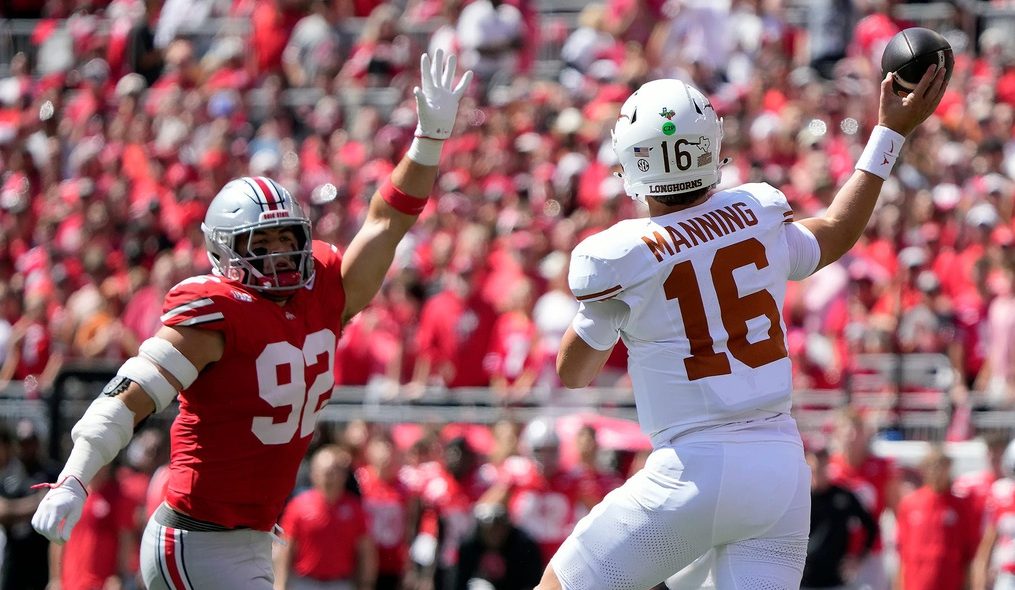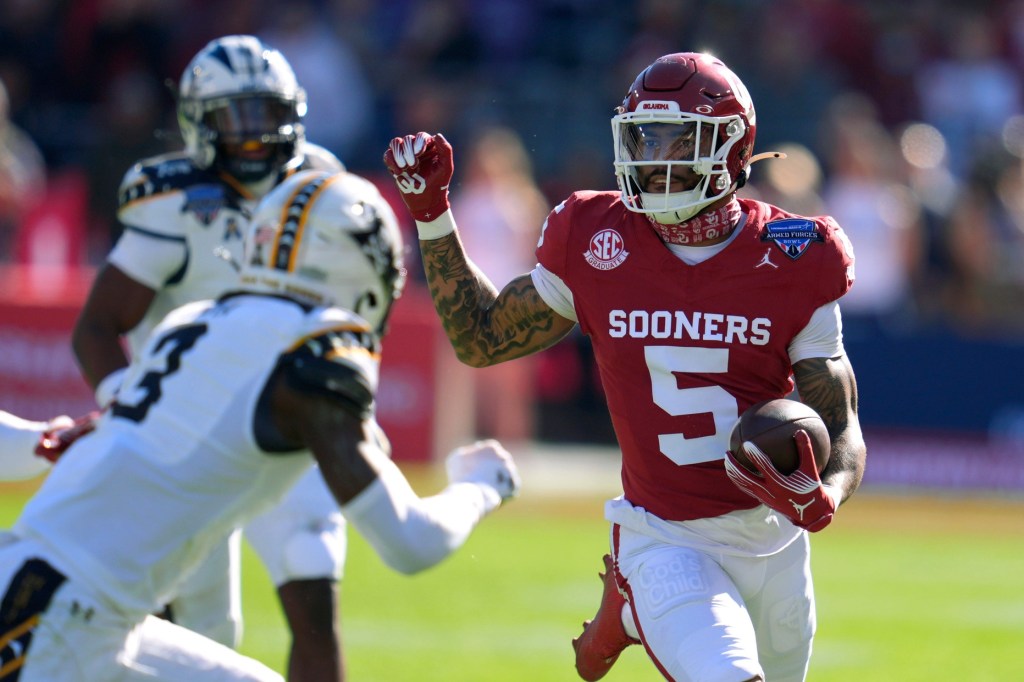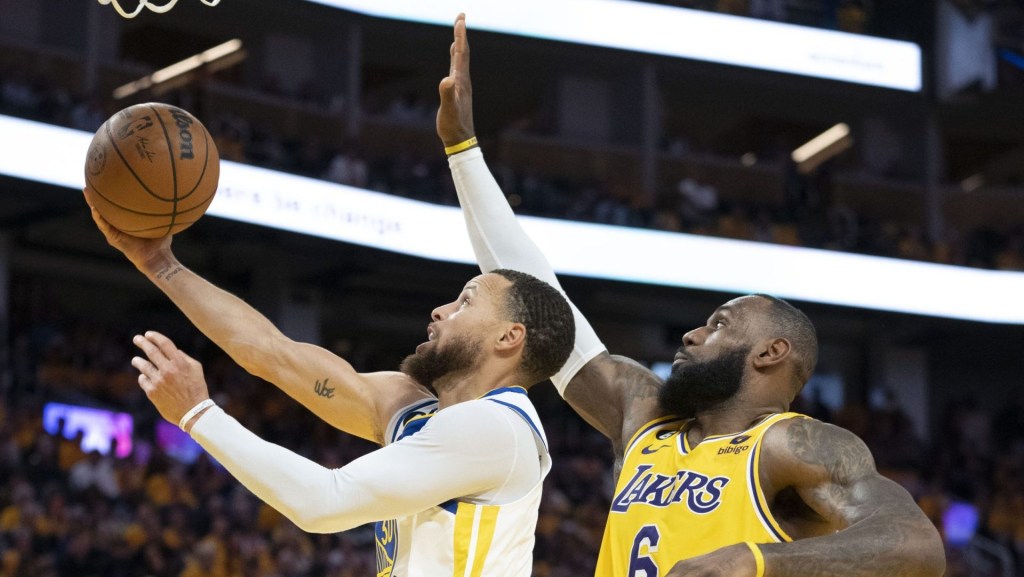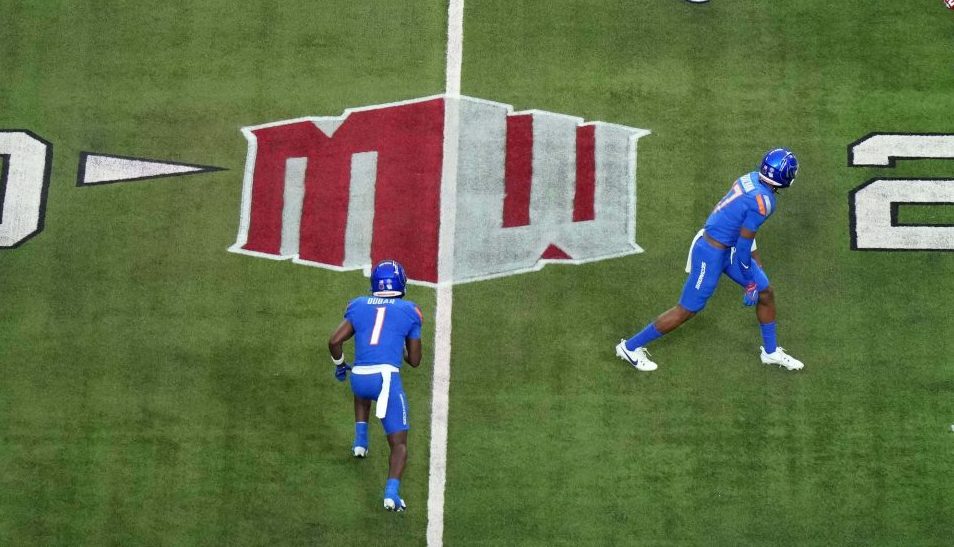By: Nick Zobel, @Nick_Zobel

Front Office Sports is proud to have sat down with Glen Bayless, Senior Vice President — Financial Advisor for RBC Wealth Management. Glen has over 20 years of wealth management experience, and has worked specifically with athletes since 1998. A graduate of the University of Minnesota, Duluth, Glen has been among the top five percent of RBC’s financial advisors every year since 1995. Glen was bored after several years of working with institutional clients and decided to focus on athletes, leveraging his successful practice to secure cold meetings with a number of agents. Today he is advises clients in the NHL, MLB, and NFL.
How did you transition to financial advising for athletes?
The key to the transition of Glen’s practice from institutional to athlete advising was simply hard work. In 1998, Glen “downloaded a list of NHL agents and bugged them a lot,” asking dozens of agents for 15-minute meetings. “If you like what I’ll say we can keep talking,” Glen would promise them. “If not, you can kick me out.” This meant Glen travelled across the country for potentially dead-end meetings, relying on his thriving practice to support him in the meantime. “You then build trust, relationships. Then you have critical mass” and enough contacts to work off of referrals. “Make no mistake,” Glen warned. “Sports is a small world, and everybody knows everybody.”
What’s the typical day look like?
Though “every day is different,” the average day includes talking to athletes, agents, and business managers as well as monitoring markets and client cash flow. Tracking client income takes careful tracking, because “contrary to popular belief, a lot of money trickles into their accounts on a regular basis” through smaller sources like “little bonuses.” Glen also “makes sure [clients are] not doing anything financially irresponsible,” a task made more difficult by what he described as his biggest challenge: getting clients to call him back.
How do you develop a work/life balance?
“Athletes are used to have their team available 24/7,” Glen explained, and at one point “work was taking over my life.” However, this imbalance was necessary while Glen was building the sports-specific wing of his practice. “After I developed enough of a name in sports as a financial advisor, as a real deal, I began to put limits on my clients.” And Glen has another tool to let loose: he’s the drummer in a band.
What are some of the biggest mistakes newcomers make?
Glen pointed out that new financial advisors fall into a dangerous trap of over promising in order to secure a new client. “Agents are smart people, they know when someone is over promising,” whether that be unrealistic financial guarantees or even assurances that an advisor is willing to do “little things” like running menial errands. Another concern: acting like a fan, something Glen called the “kiss of death.” Athletes aren’t looking for a fan to manage their money, they need a trusted and unbiased advisor.
Parting wisdom?
“Take your time and build a practice that you can eat on first so you can pay your bills. Don’t think you’re going to get athletes right away because then you starve and you’re out of the industry. You have to give it a few years of building a practice.”
You can find out more about Glen and his practice on his website or by following him on Twitter.

